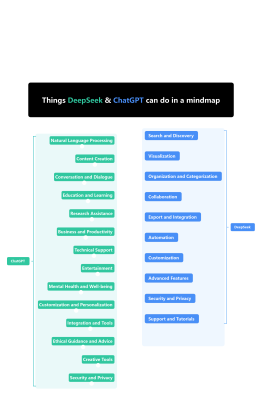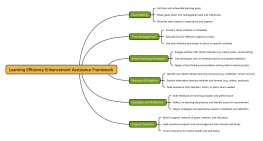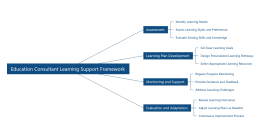
Suggestions for Learning EnglishSuggestions for Learning English
0 Report
This mind map outlines effective strategies for learning English, emphasizing a structured and engaging approach. It suggests maintaining a supervised learning schedule by regularly checking textbooks and homework, focusing on tone and intonation. Participation in learning activities is encouraged, such as singing English songs and watching cartoons, to create an immersive environment. Establishing good study habits, like setting fixed learning times and maintaining a conducive environment, is crucial. Encouragement and habit education play a vital role, with suggestions to praise progress and engage in school activities. Regular communication with teachers is recommended to track and support a child's performance.
Related Recommendations
Other works by the author
Outline/Content
See more
Supervised Learning Schedule
Check your child's textbooks every day to understand their learning progress.
Supervise the completion of a homework assignment, pay attention to imitating the tone and intonation
Check the completion of your child's homework, including listening and reading tables & personalized assignments.
Participate in learning activities,
Create an English learning environment,
Cultivate learning interest
Create an English learning environment,
Cultivate learning interest
Participate in your child's learning activities, such as singing English songs together and watching English cartoons to train your ears.
Place some picture books, theme vocabulary cards, and play English animations at home.
Establish good study habits
Set a fixed time for English learning, such as morning reading and evening reading.
Keep the learning environment clean and quiet.
Four to: Eye to, Hand to, Mouth to, Heart to
Encouragement Education + Habit Education
Encourage children to participate in school-organized English activities, such as English corners and small speeches.
Give timely encouragement and praise for your child's progress.
Communication and exchange
Regularly communicate with teachers to understand your child's performance at school.
Take the initiative to ask about your child's classroom performance and feelings, and if necessary, communicate with the teacher in a timely manner to find a solution.
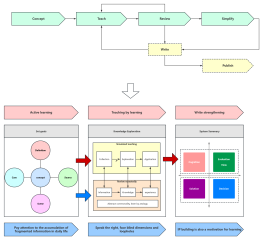
Collect
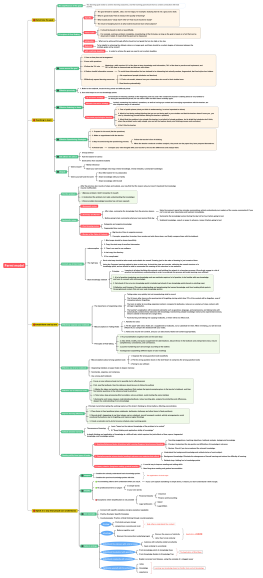
Collect

0 Comments
Next Page

